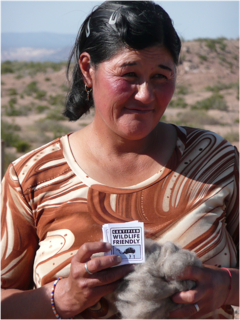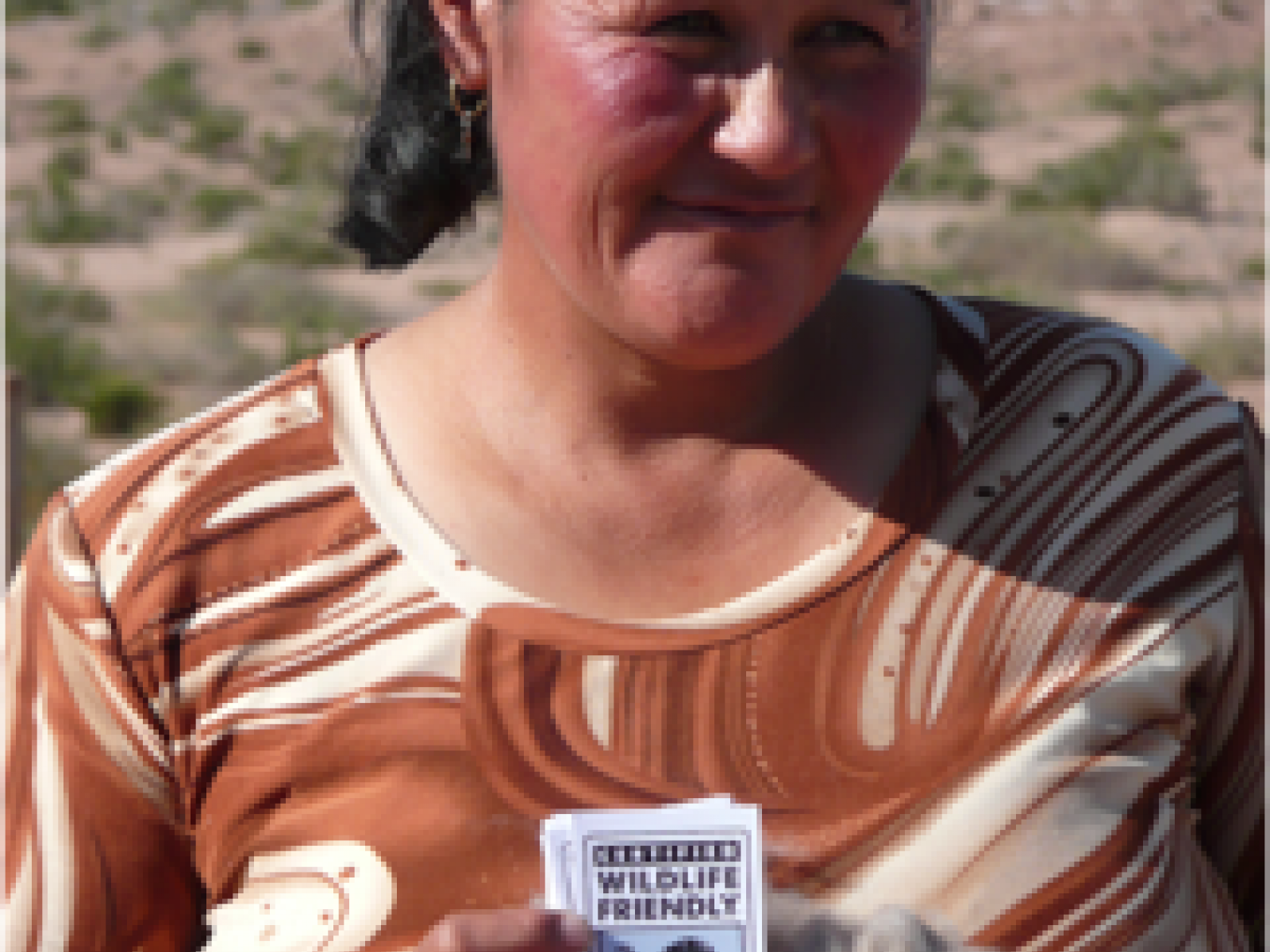An Overview Of Our Solution
- Population Impacted:
- Continent: Africa
Organization type
Population impacted
Size of agricultural area
Production quantity
People employed
Describe your solution
Describe your implementation
External connections
What is the environmental or ecological challenge you are targeting with your solution?
Describe the context in which you are operating
We support 30+ enterprises across 5 continents, and the contexts at our project sites vary greatly. However, there are some common threads between them: Many of our enterprises are located in rural areas where a lack of employment opportunity, civil conflict, and reduced access to food has resulted in poaching of wildlife as an easy and profitable food source. Some of our communities struggle with a lack of access to basic necessities, and poor educational and livelihood opportunities for women. A changing climate, overgrazing, and increased pressure from industries such as mining and large-scale monoculture agriculture has made it difficult for many of our subsistence farmers to maintain their way of life. Even for our enterprises in North America, pressure from increased development has put predators and other species of wildlife in close proximity to livestock and crops, and in all cases it can be challenging to balance the protection of wildlife with the generation of revenue.
How did you impact natural resource use and greenhouse gas emissions?
Language(s)
Social/Community
Water
Food Security/Nutrition
Economic/Sustainable Development
Climate
Sustainability
WFEN was formed to test the idea that enterprises could generate support for on-the-ground conservation to supplement grant funding. As such, Wildlife Friendly™ enterprises use marketplace power to generate support for conservation. In addition, WFEN receives operational funding from Corporate Network Members, for whom we provide consulting services, and income from logo licensing fees, application fees, and possibly in the future from a small percentage of Wildlife Friendly™ product sales – a model we are currently testing. WFEN also does site-based project work with foundation funding or grants from other NGOs, which allow us to conduct pilot audits, write & refine standards, and develop related educational & branding materials.
Return on investment
Entrant Image

